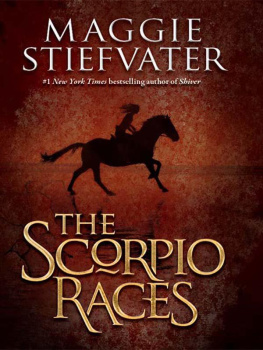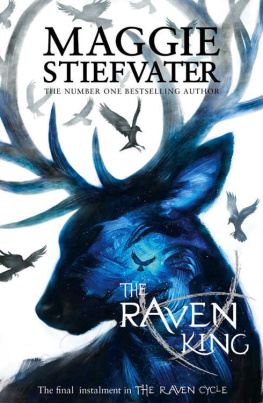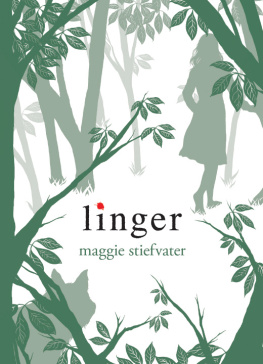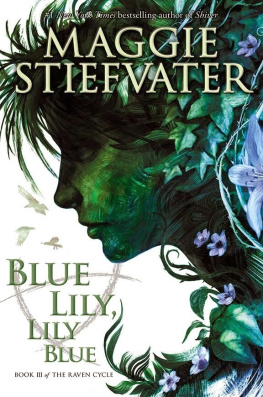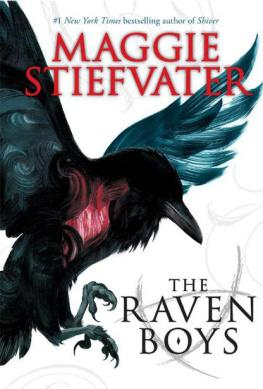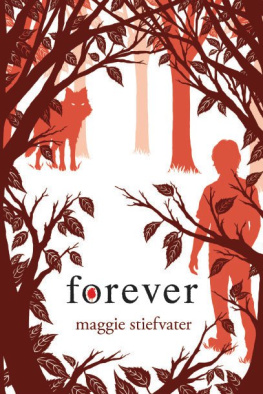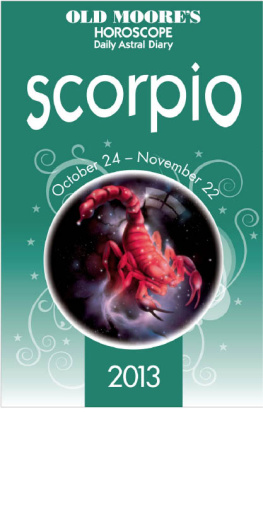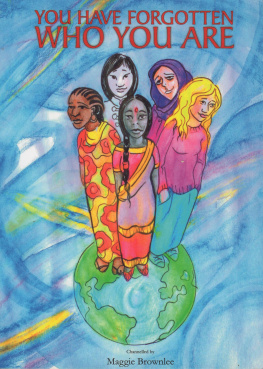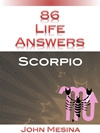Maggie Stiefvater - The Scorpio Races
Here you can read online Maggie Stiefvater - The Scorpio Races full text of the book (entire story) in english for free. Download pdf and epub, get meaning, cover and reviews about this ebook. year: 2011, publisher: Scholastic Press, genre: Art. Description of the work, (preface) as well as reviews are available. Best literature library LitArk.com created for fans of good reading and offers a wide selection of genres:
Romance novel
Science fiction
Adventure
Detective
Science
History
Home and family
Prose
Art
Politics
Computer
Non-fiction
Religion
Business
Children
Humor
Choose a favorite category and find really read worthwhile books. Enjoy immersion in the world of imagination, feel the emotions of the characters or learn something new for yourself, make an fascinating discovery.
- Book:The Scorpio Races
- Author:
- Publisher:Scholastic Press
- Genre:
- Year:2011
- Rating:4 / 5
- Favourites:Add to favourites
- Your mark:
- 80
- 1
- 2
- 3
- 4
- 5
The Scorpio Races: summary, description and annotation
We offer to read an annotation, description, summary or preface (depends on what the author of the book "The Scorpio Races" wrote himself). If you haven't found the necessary information about the book — write in the comments, we will try to find it.
The Scorpio Races — read online for free the complete book (whole text) full work
Below is the text of the book, divided by pages. System saving the place of the last page read, allows you to conveniently read the book "The Scorpio Races" online for free, without having to search again every time where you left off. Put a bookmark, and you can go to the page where you finished reading at any time.
Font size:
Interval:
Bookmark:
THE
S CORPIO
R ACES
MAGGIE STIEFVATER

To Marian,
who sees horses in her dreams
NINE YEARS EARLIER
It is the first day of November and so, today, someone will die.
Even under the brightest sun, the frigid autumn sea is all the colors of the night: dark blue and black and brown. I watch the ever-changing patterns in the sand as its pummeled by countless hooves.
They run the horses on the beach, a pale road between the black water and the chalk cliffs. It is never safe, but its never so dangerous as today, race day.
This time of year, I live and breathe the beach. My cheeks feel raw with the wind throwing sand against them. My thighs sting from the friction of the saddle. My arms ache from holding up two thousand pounds of horse. I have forgotten what it is like to be warm and what a full nights sleep feels like and what my name sounds like spoken instead of shouted across yards of sand.
I am so, so alive.
As I head down to the cliffs with my father, one of the race officials stops me. He says, Sean Kendrick, you are ten years old. You havent discovered it yet, but there are more interesting ways to die than on this beach.
My father doubles back and takes the officials upper arm as if the man were a restless horse. They share a brief exchange about age restrictions during the race. My father wins.
If your son is killed, the official says, the only fault is yours.
My father doesnt even answer him, just leads his uisce stallion away.
On the way down to the water, were jostled and pushed by men and by horses. I slide beneath one horse as it rears up, its rider jerked at the end of the lead. Unharmed, I find myself facing the sea, surrounded on all sides by the capaill uisce the water horses. They are every color of the pebbles on the beach: black, red, golden, white, ivory, gray, blue. Men hang the bridles with red tassels and daisies to lessen the danger of the dark November sea, but I wouldnt trust a handful of petals to save my life. Last year a water horse trailing flowers and bells tore a mans arm half from his body.
These are not ordinary horses. Drape them with charms, hide them from the sea, but today, on the beach: Do not turn your back.
Some of the horses have lathered. Froth drips down their lips and chests, looking like sea foam, hiding the teeth that will tear into men later.
They are beautiful and deadly, loving us and hating us.
My father sends me off to get his saddlecloth and armband from another set of officials. The color of the cloth is meant to allow the spectators far up on the cliffs to identify my father, but in his case, they wont need it, not with his stallions brilliant red coat.
Ah, Kendrick, the officials say, which is both my fathers name and mine. Itll be a red cloth for him.
As I return to my father, I am hailed by a rider: Ho, Sean Kendrick. Hes diminutive and wiry, his face carved out of rock. Fine day for it. I am honored to be greeted like an adult. Like I belong here. We nod to each other before he turns back to his horse to finish saddling up. His small racing saddle is hand-tooled, and as he lifts the flap to give the girth a final tug, I see words burned into the leather: Our dead drink the sea.
My heart is jerking in my chest as I hand the cloth to my father. He seems unsettled as well, and I wish I was riding, not him.
Myself I am sure of.
The red uisce stallion is restless and snorting, ears pricked, eager. He is very hot today. He will be fast. Fast and difficult to hold.
My father gives me the reins so that he can saddle the water horse with the red cloth. I lick my teeth they taste like salt and watch my father tie the matching armband around his upper arm. Every year I have watched him, and every year he has tied it with a steady hand, but not this year. His fingers are clumsy, and I know he is afraid of the red stallion.
I have ridden him, this capall. On his back, the wind beating me, the ground jarring me, the sea spraying our legs, we never tire.
I lean close to the stallions ear and trace a counterclockwise circle above his eye as I whisper into his soft ear.
Sean! my father snaps, and the capalls head jerks up quickly enough that his skull nearly strikes mine. What are you doing with your face next to his today? Does he not look hungry to you? Do you think youd look fine with half a face?
But I just look at the stallions square pupil, and he looks back, his head turned slightly away from me. I hope hes remembering what I told him: Do not eat my father.
My father makes a noise in his throat and says, I think you should go up now. Come here and He slaps my shoulder before mounting up.
He is small and dark on the back of the red stallion. Already, his hands work ceaselessly on the reins to keep the horse in place. The motion twists the bit in the horses mouth; I watch his head rocking to and fro. Its not how I would have done it, but Im not up there.
I want to tell my father to mind how the stallion spooks to the right, how I think he sees better out of his left eye, but instead I say, See you when its over. We nod to each other like strangers, the good-bye unpracticed and uncomfortable.
I am watching the race from the cliffs when a gray uisce horse seizes my father by his arm and then his chest.
For one moment, the waves do not attack the shore and the gulls above us do not flap and the gritty air in my lungs doesnt escape.
Then the gray water horse tears my father from his uneasy place on the back of the red stallion.
The gray cannot keep its ragged grip on my fathers chest, and so my father falls to the sand, already ruined before the hooves get to him. He was in second place, so it takes a long minute before the rest of the horses have passed over the top of his body and I can see it again. By then, he is a long, black-and-scarlet smear half-submerged in the frothy tide. The red stallion circles, halfway to a hungry creature of the sea, but he does as I asked: He does not eat the thing that was my father. Instead, the stallion climbs back into the water. Nothing is as red as the sea that day.
I dont think often on my fathers body strung out through the reddening surf. Instead, I remember him as he was before the race: afraid.
I wont make the same mistake.
People say my brothers would be lost without me, but really, Id be lost without them.
Usually, if you ask someone on the island where they come from, they say something like Round about Skarmouth or Back side of Thisby, the hard side or Stones throw from Tholla. But not me. I remember being small, clutching my fathers lined hand, and some wind-beaten old farmer who looked like hed been dug out of the sod asking, Where you from, girl? I answered, in a voice too loud for my tiny freckled self, The Connolly House. He said, Whats that, now? And I replied back, Where we Connollys live. Because Im one. And then I am still a bit embarrassed about this part of it, as it speaks to a black part of my character I added, And youre not.
Thats just the way things are. There are the Connollys, and then theres the rest of the world though the rest of the world, when you live on Thisby, is not very large. Before last fall, it was always this: me, my younger brother, Finn, my older brother, Gabe, and our parents. We were a pretty quiet family altogether. Finn was always putting things together and taking them back apart and saving any spare parts in a box under his bed. Gabe wasnt a huge conversationalist, either. Six years older than me, he saved his energy for growing; he was six feet tall by the age of thirteen. Our dad played the tin whistle, when he was home, and our mother performed the miracle of the loaves and fishes every evening, though I didnt realize what a miracle it was until she wasnt around.
Next pageFont size:
Interval:
Bookmark:
Similar books «The Scorpio Races»
Look at similar books to The Scorpio Races. We have selected literature similar in name and meaning in the hope of providing readers with more options to find new, interesting, not yet read works.
Discussion, reviews of the book The Scorpio Races and just readers' own opinions. Leave your comments, write what you think about the work, its meaning or the main characters. Specify what exactly you liked and what you didn't like, and why you think so.

